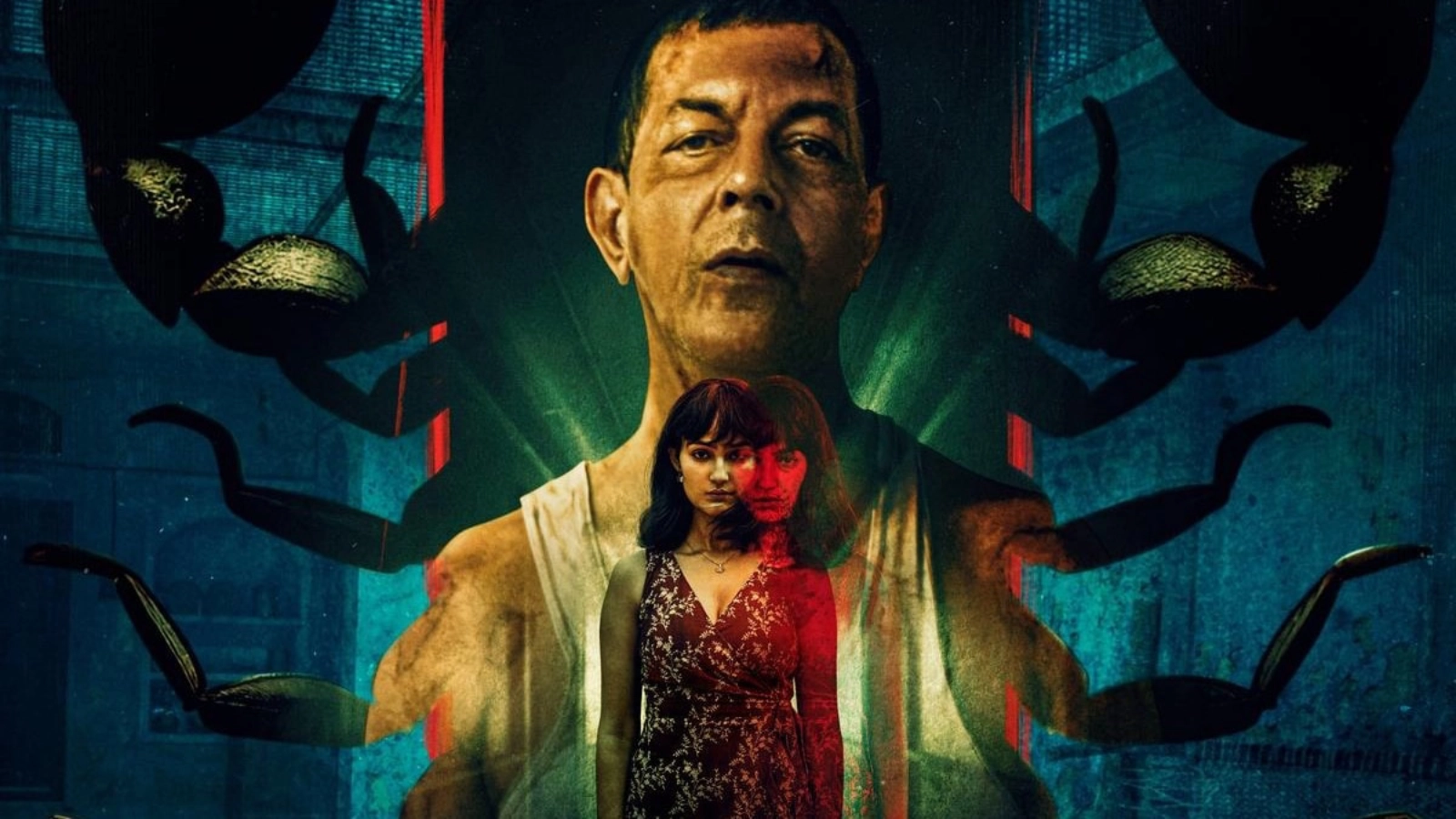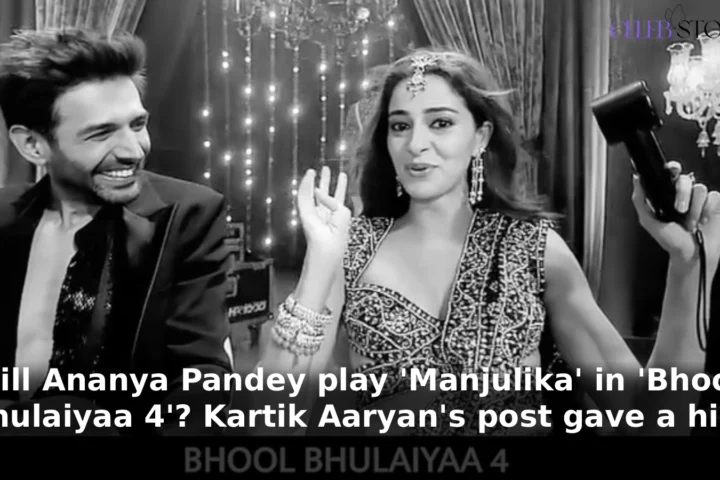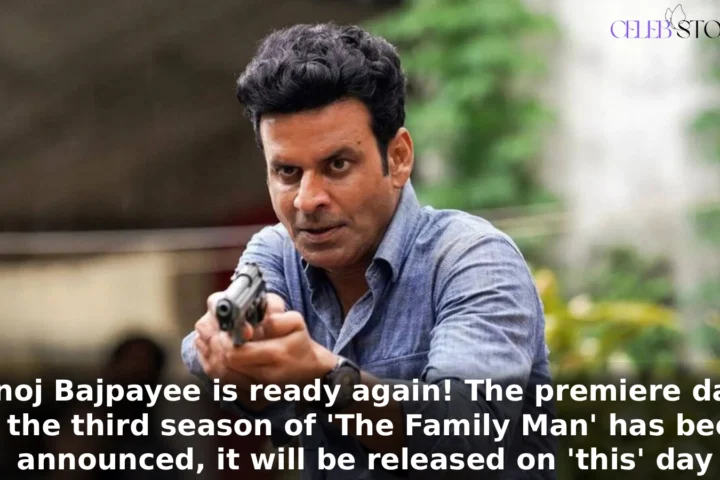Amazon Prime Video’s latest psychological horror series, Khauf, attempts to carve its place in India‘s evolving horror-thriller landscape. Set in the unsettling confines of a women’s hostel in Delhi, the show blends supernatural horror with psychological depth, though not without missteps.
With a gripping premise, a talented cast, and an atmospheric setting, Khauf has all the ingredients of a chilling horror series. But does it truly haunt the way it promises? Let’s dive into the details.
Plot Overview: A Haunted Hostel and a Fractured Mind
The story follows Madhu (Monika Panwar), a young woman from Gwalior who moves into a women’s hostel in Delhi, hoping for a fresh start. However, she is assigned a room with a violent past, and soon, her life begins to unravel—haunted by memories she’s tried to forget and forces she can’t explain.
As unnatural events unfold, Madhu finds herself combating both external hauntings and internal demons, making Khauf more than just a ghost story—it’s a deep dive into trauma and psychological horror.
Performances: A Strong Cast Elevates the Narrative
Monika Panwar as Madhu
Panwar delivers a powerful and understated performance, carrying the emotional weight of the series. Her expressions convey volumes in moments of quiet dread and psychological breakdown, making her character’s journey deeply compelling.
Rajat Kapoor as Hakim
Kapoor plays a mysterious man from Old Delhi, adding an unexpected gravitas and intrigue to the story. His subplot, though engaging, occasionally pulls focus from the main narrative.
Supporting Cast
The hostel’s residents—Lana (Chum Darang), Nikki (Rashmi Zurail Mann), Rima (Priyanka Setia), Komal (Riya Shukla), and Anu (Asheema Vardaan)—form an emotionally scarred group, each dealing with their own personal demons and societal expectations.
While their stories add depth, the series spreads itself thin, trying to address too many themes at once, including motherhood, mental health, ambition, and gender roles.

Atmosphere and Cinematography: A Visually Haunting Experience
1. The Hostel as a Character
The claustrophobic, dimly lit corridors of the hostel create an oppressive atmosphere, making the setting feel like a character in itself.
2. Sound Design and Suspense
Instead of relying on predictable horror beats, Khauf builds slow-burning tension through ambient sound design and eerie silences.
3. Horror Elements That Fall Short
Despite its strong visual storytelling, the spectral presence haunting the hostel lacks the necessary edge to truly frighten. Scenes meant to evoke terror often simmer but rarely boil over, making the horror feel toothless at times.
Themes: Psychological Horror vs. Supernatural Fear
At its core, Khauf isn’t just about ghosts and hauntings—it’s about the traumas that linger long after the lights are back on.
The series explores:
- The psychological impact of past trauma
- The societal pressures faced by women
- The blurred lines between reality and hallucination
While these themes add depth, they also dilute the horror narrative, making the series feel overstuffed and directionless at times.
Audience and Critical Reception
Mixed Reviews from Viewers
While some viewers appreciate the psychological depth, others feel the series fails to deliver true horror.
Social media reactions include:
- “Loved the eerie atmosphere, but the horror elements felt weak.”
- “Monika Panwar’s performance is brilliant, but the story loses focus.”
- “Expected more scares, but got a psychological drama instead.”
Critic Ratings
- Times of India: 3.5/5
- Pinkvilla: 3/5
- Indian Express: Praised the deep psychological themes but noted the lack of true horror.
Final Verdict: A Thought-Provoking Thriller That Falls Short on Horror
Khauf succeeds in creating an unsettling atmosphere and exploring psychological trauma, but it doesn’t fully deliver on its horror promises.
If you’re looking for jump scares and terrifying ghosts, this may not be the show for you. However, if you enjoy slow-burning psychological thrillers, Khauf offers an engaging, thought-provoking experience.
















Leave feedback about this